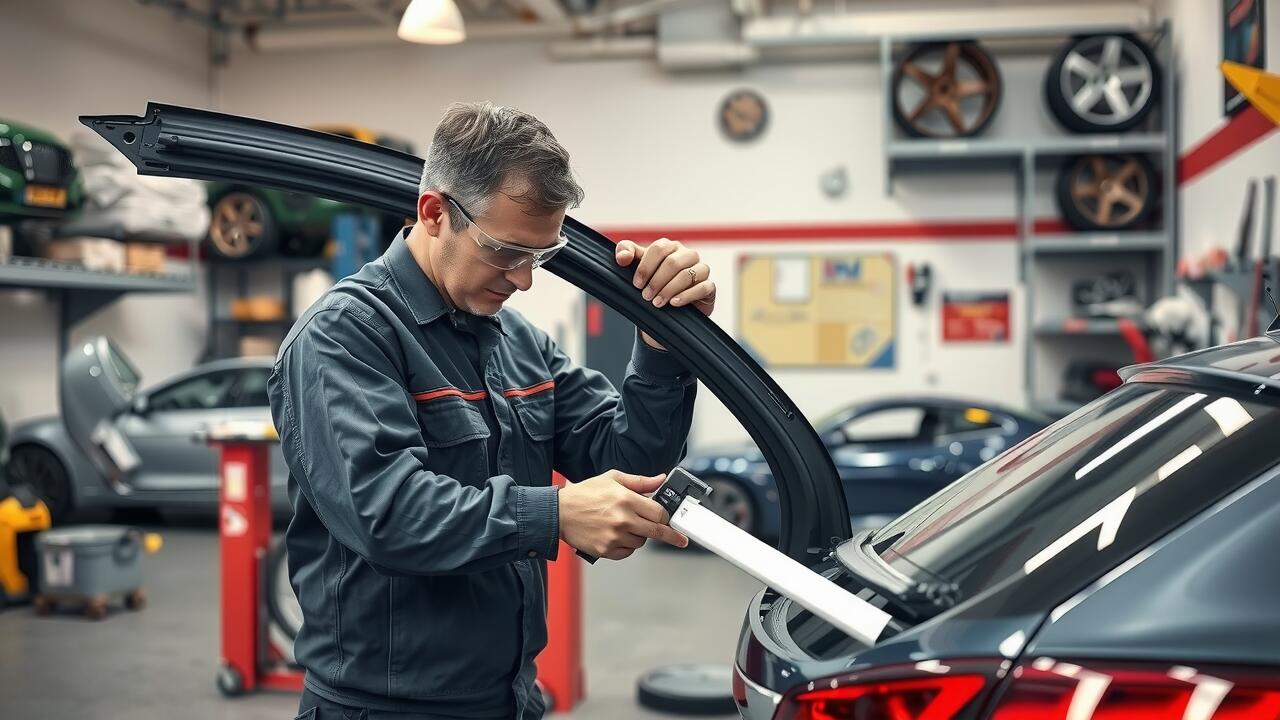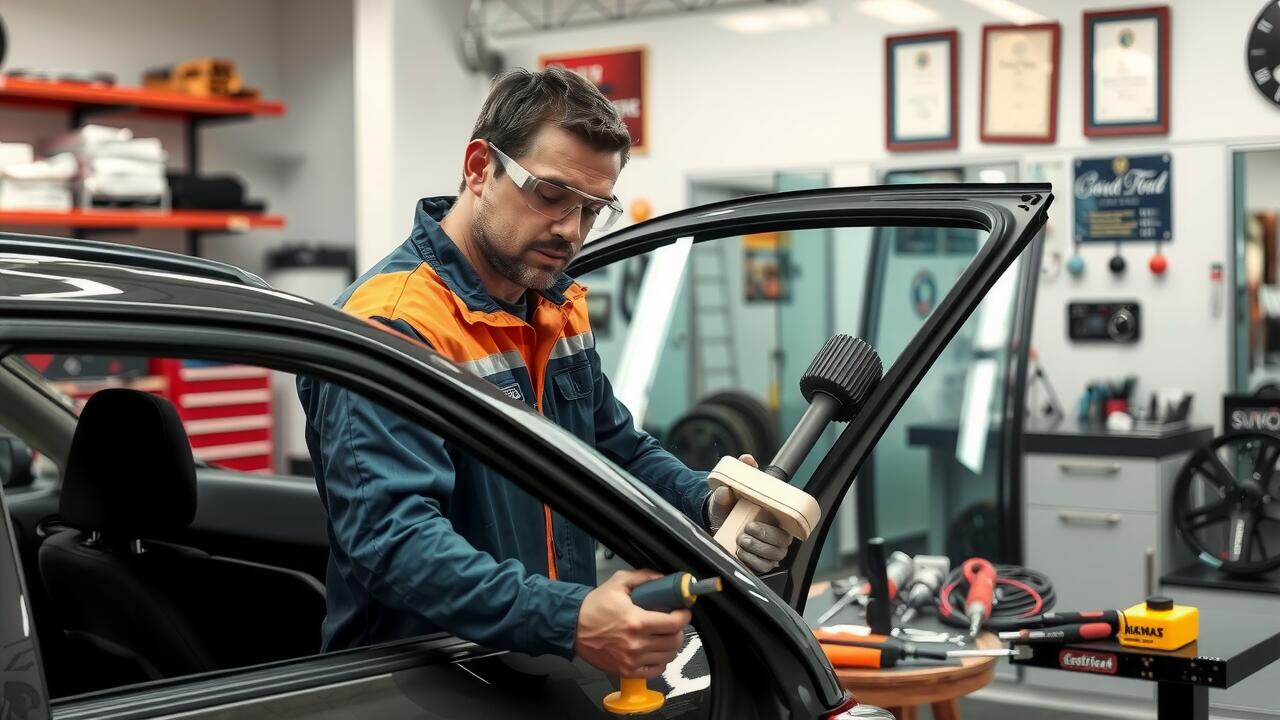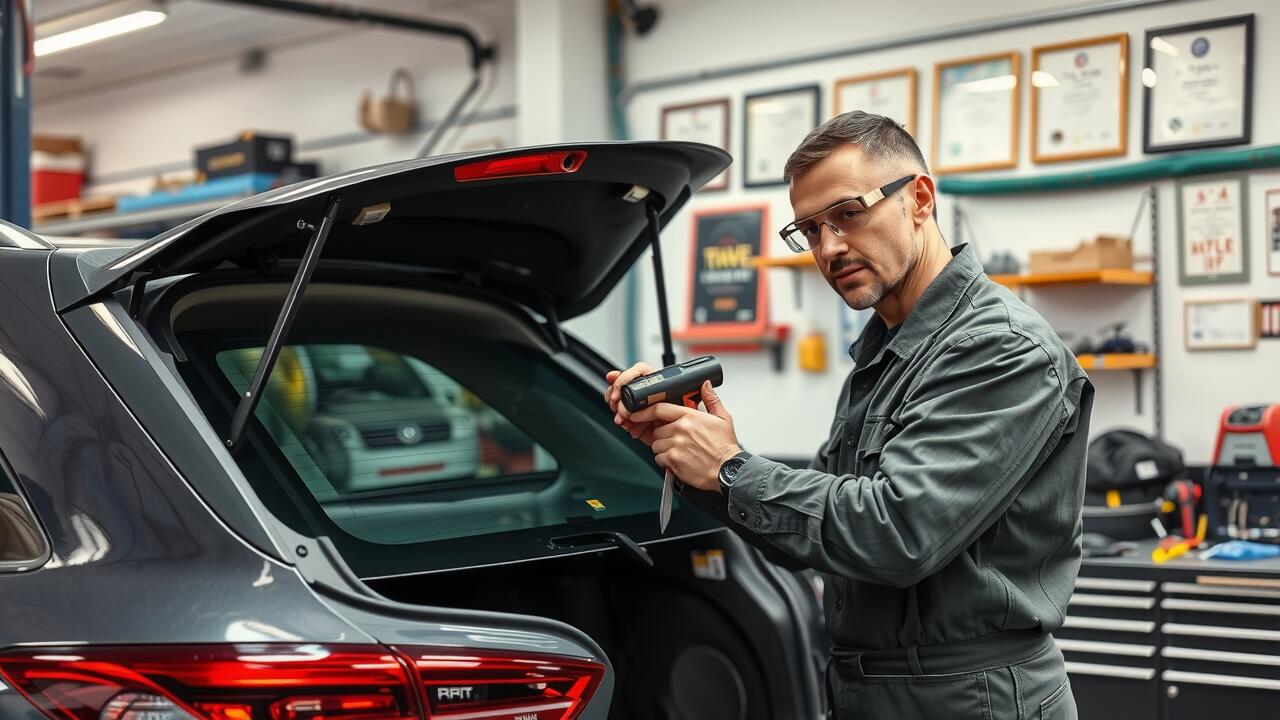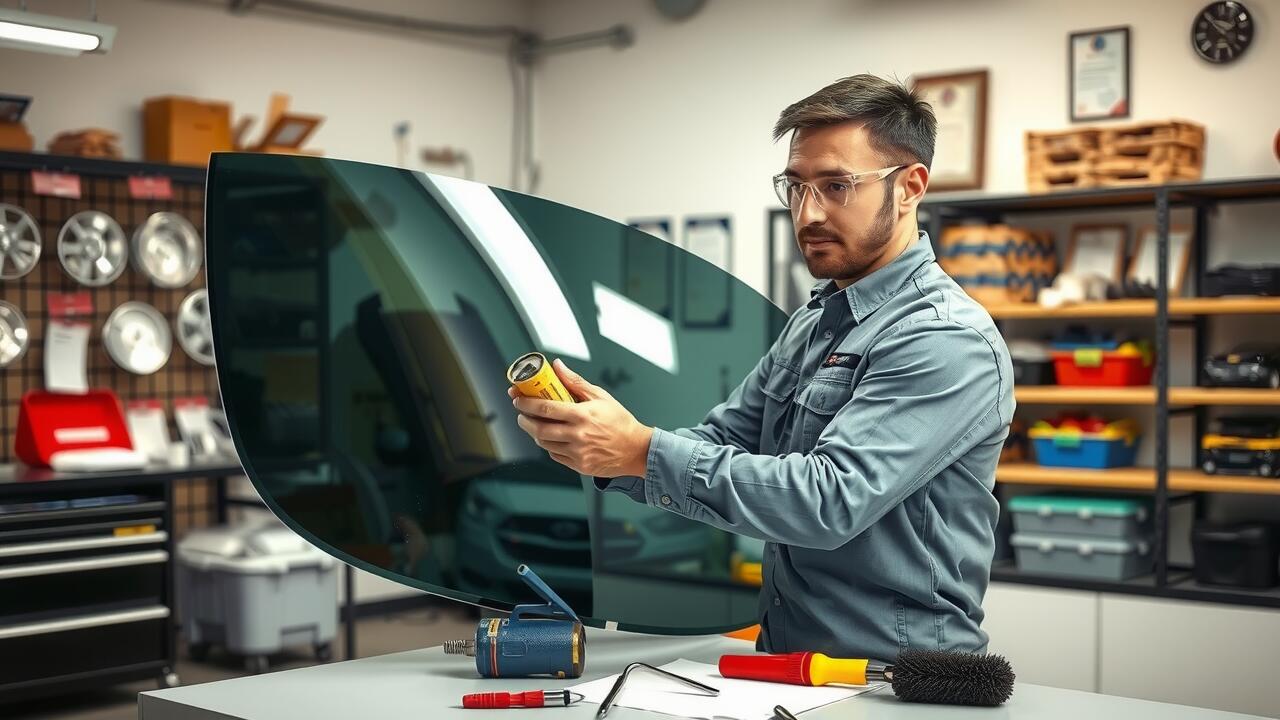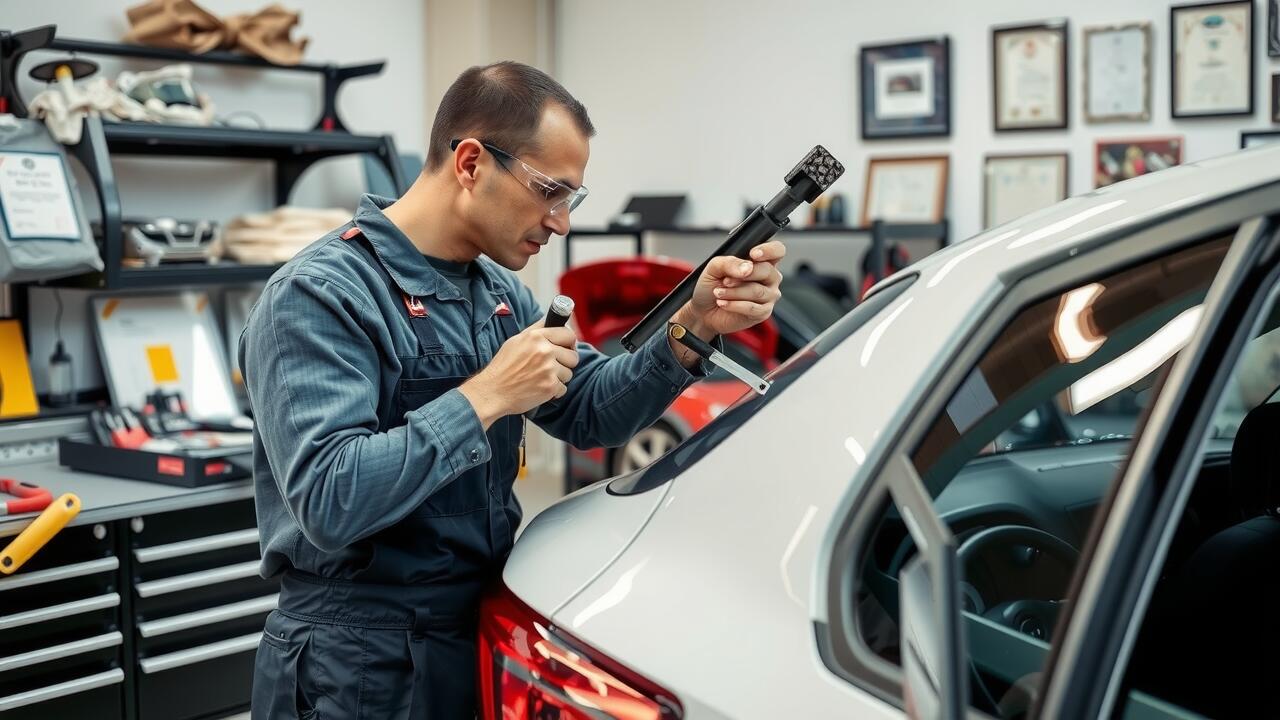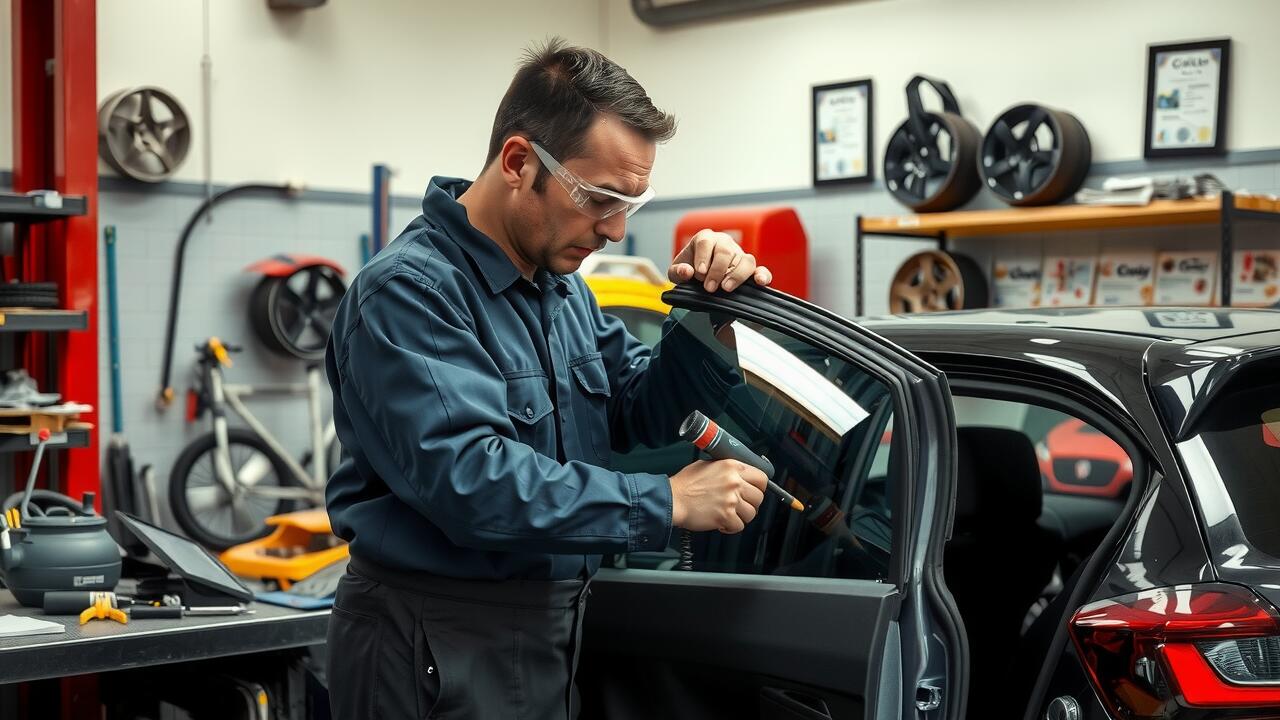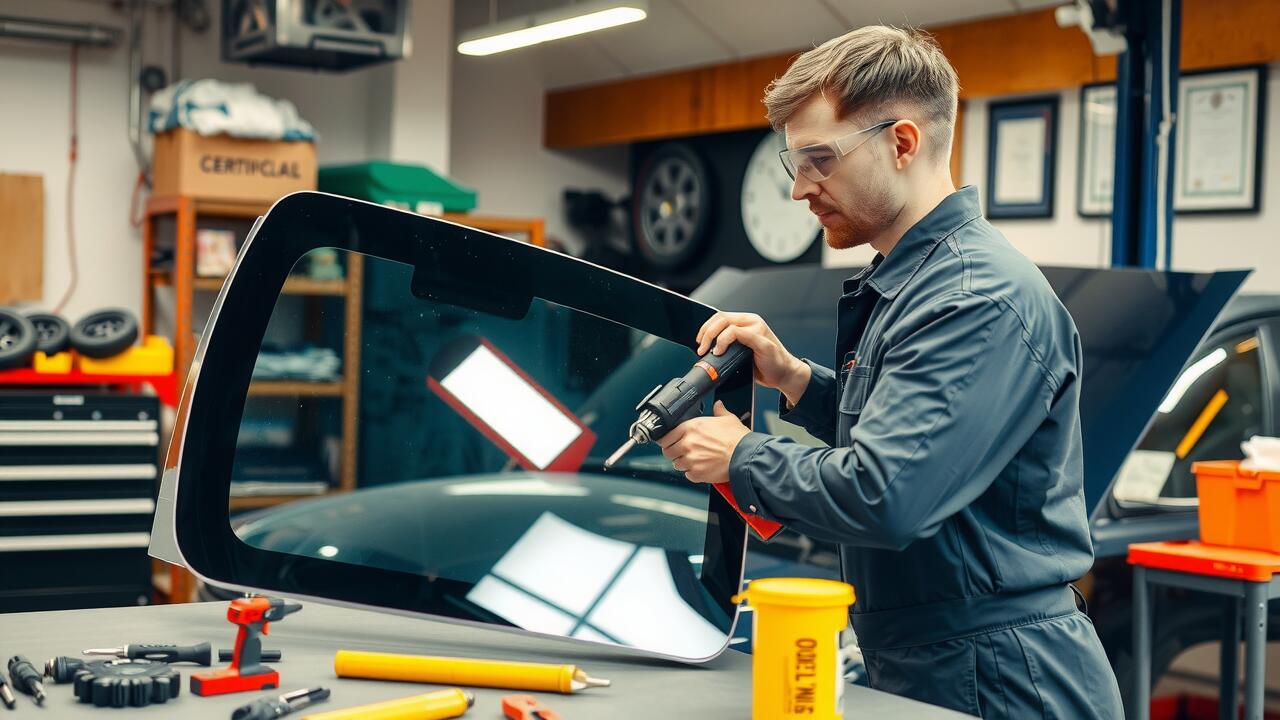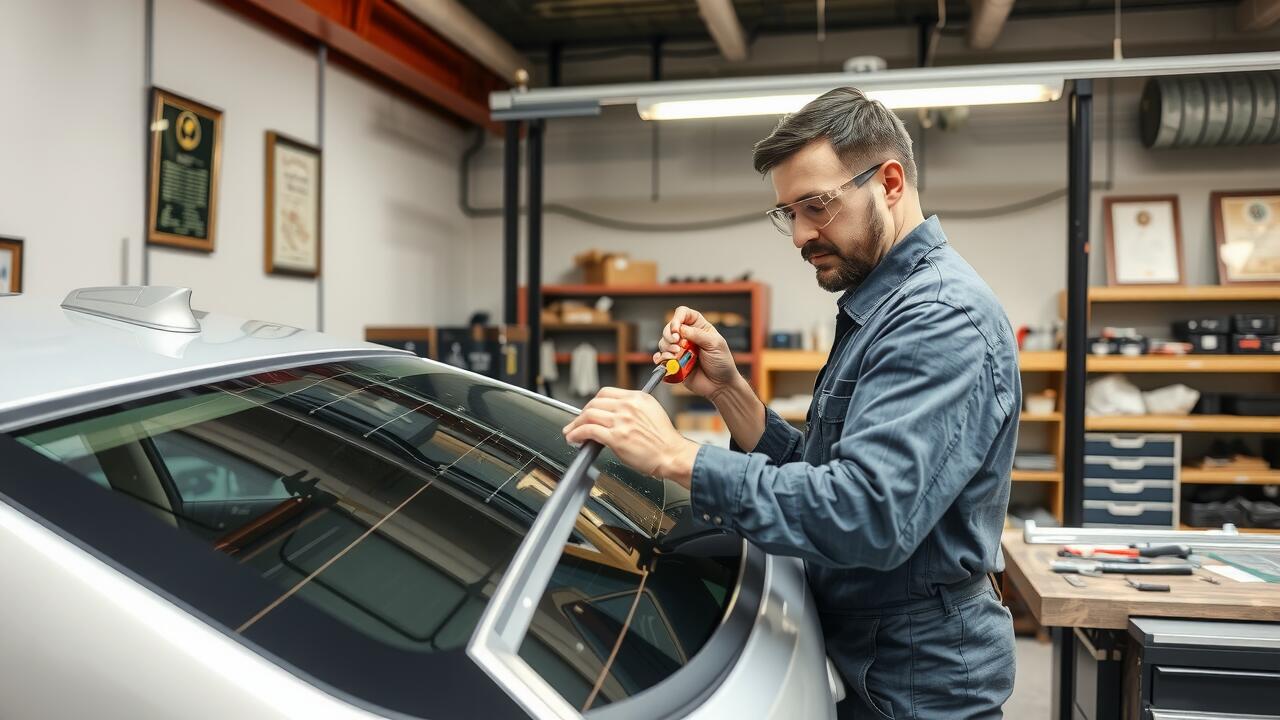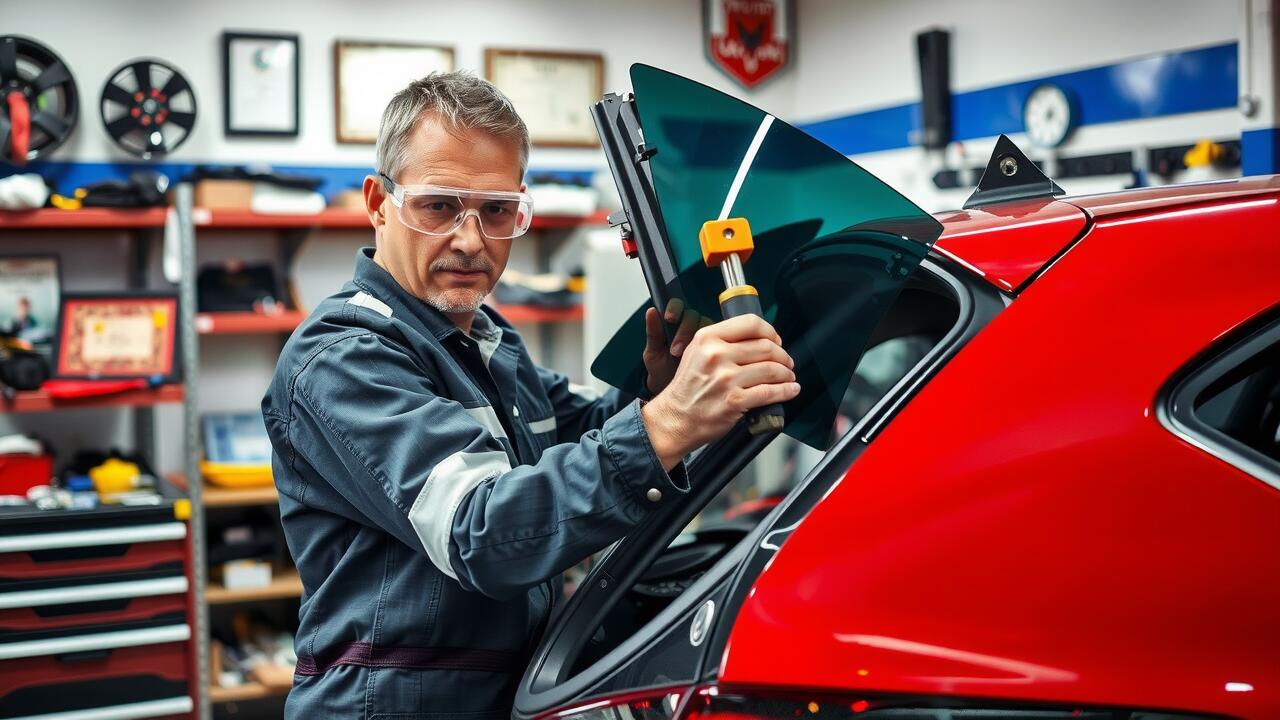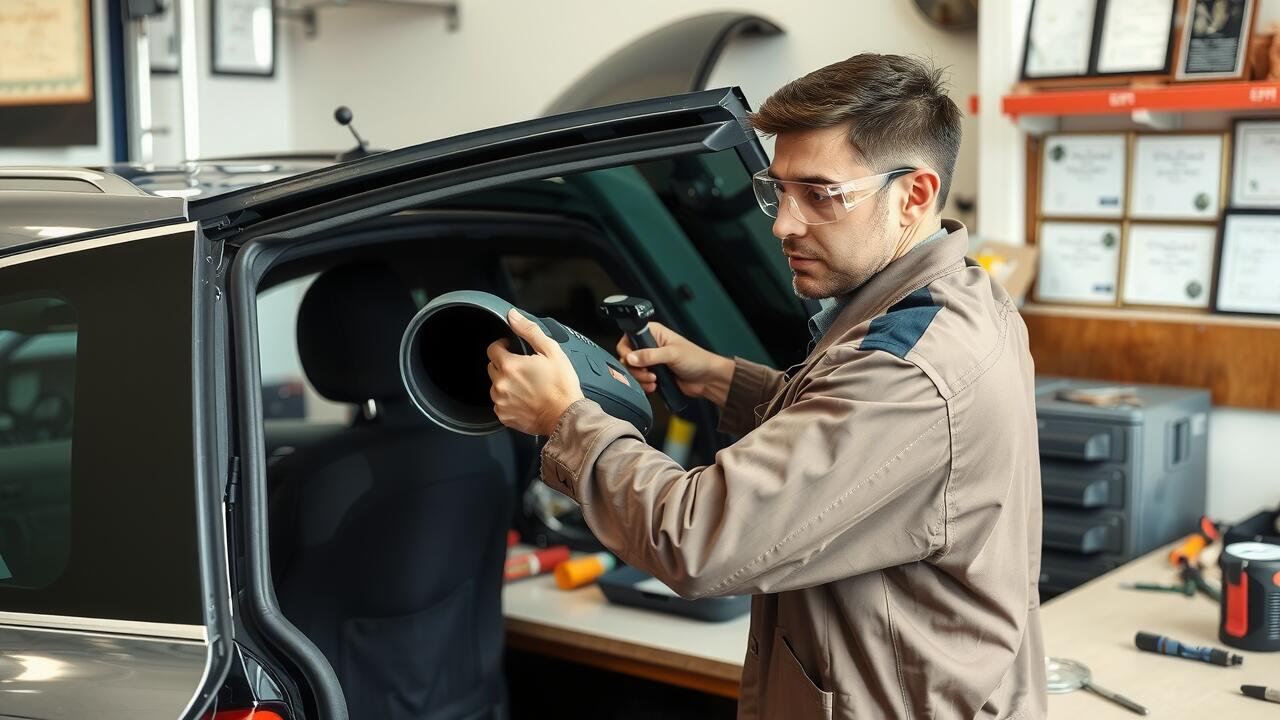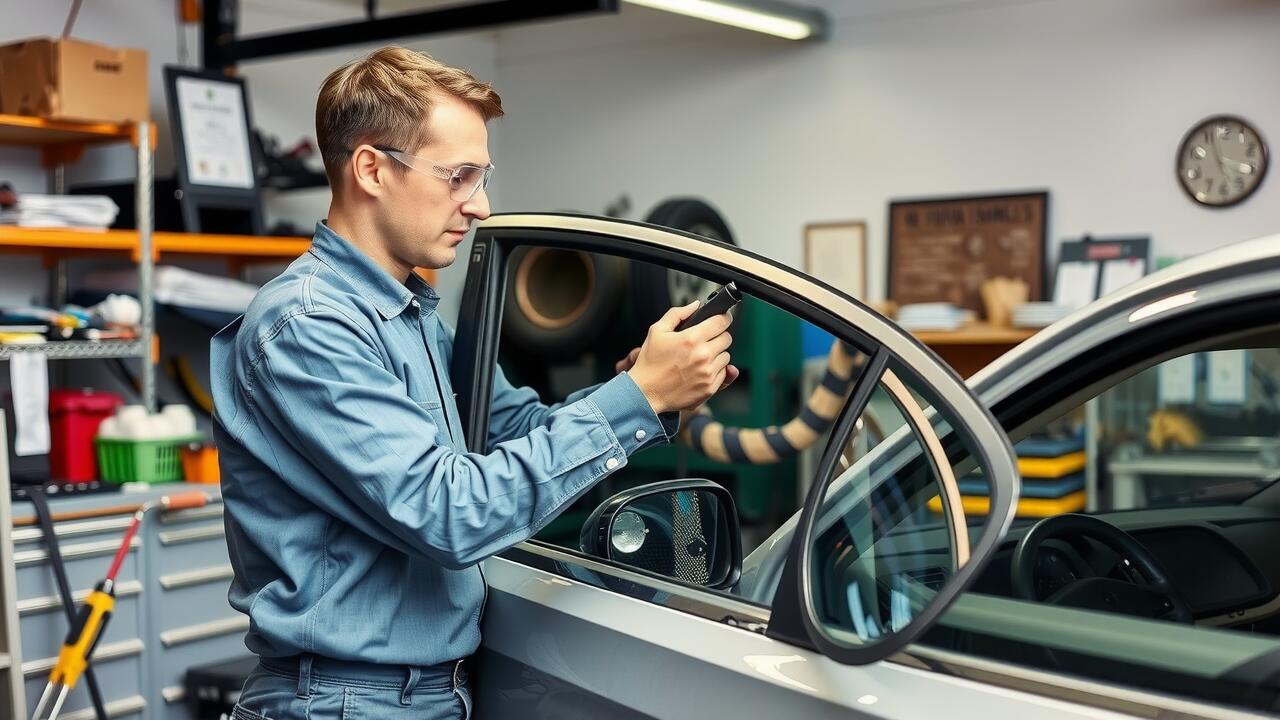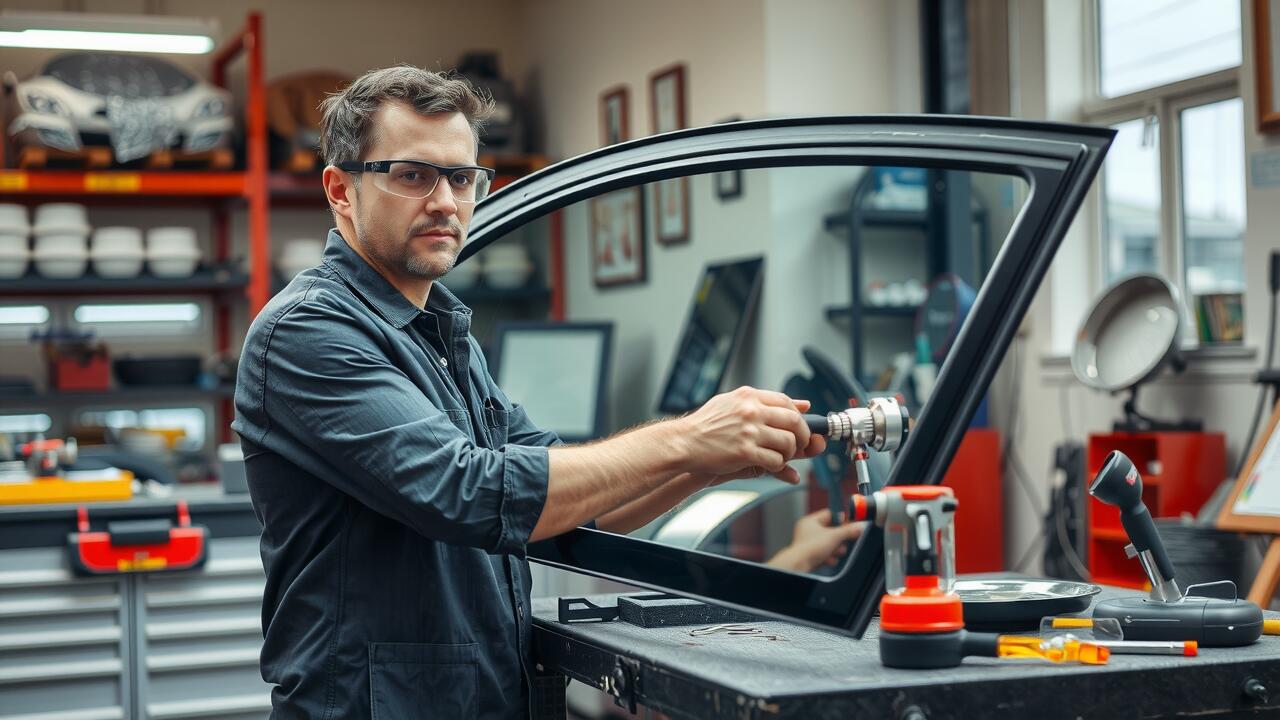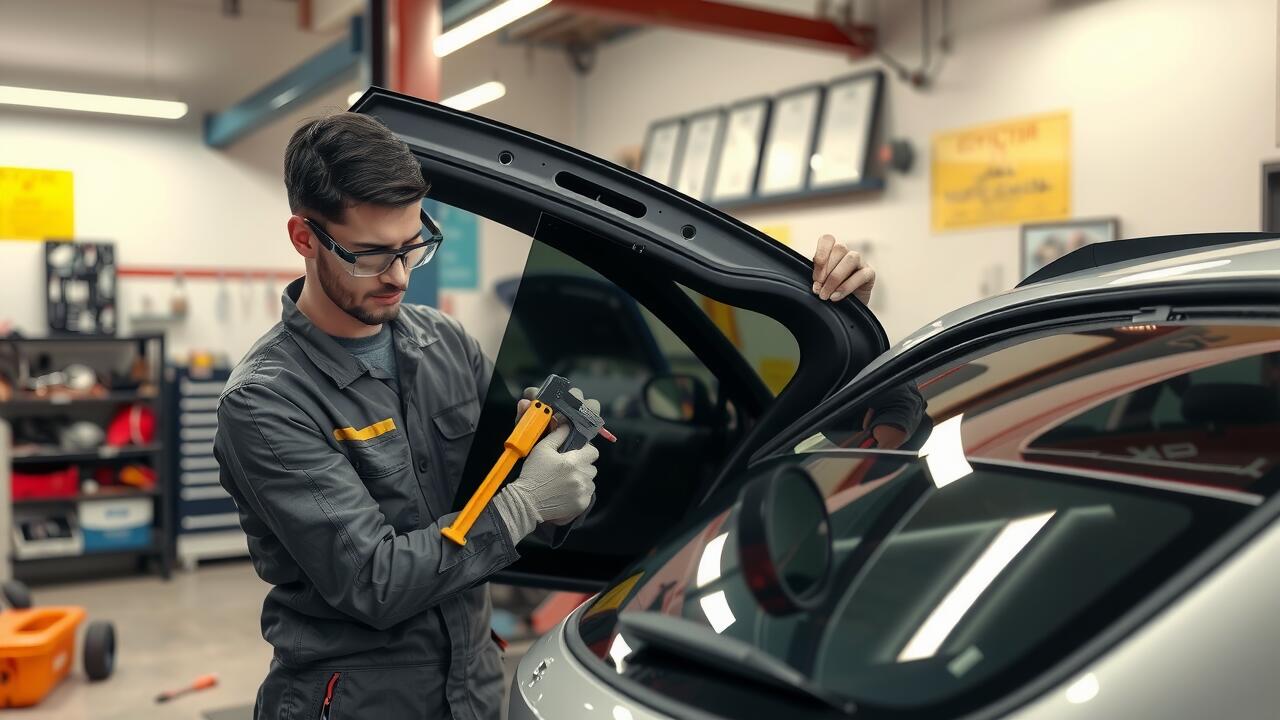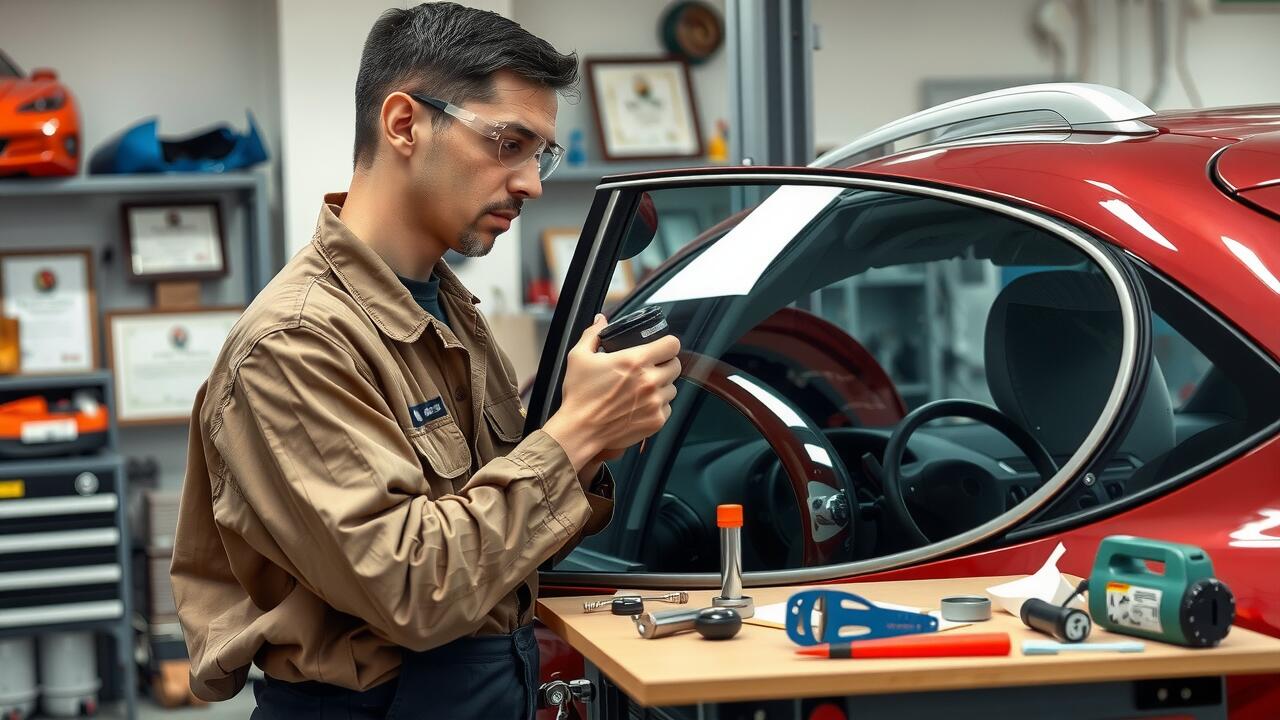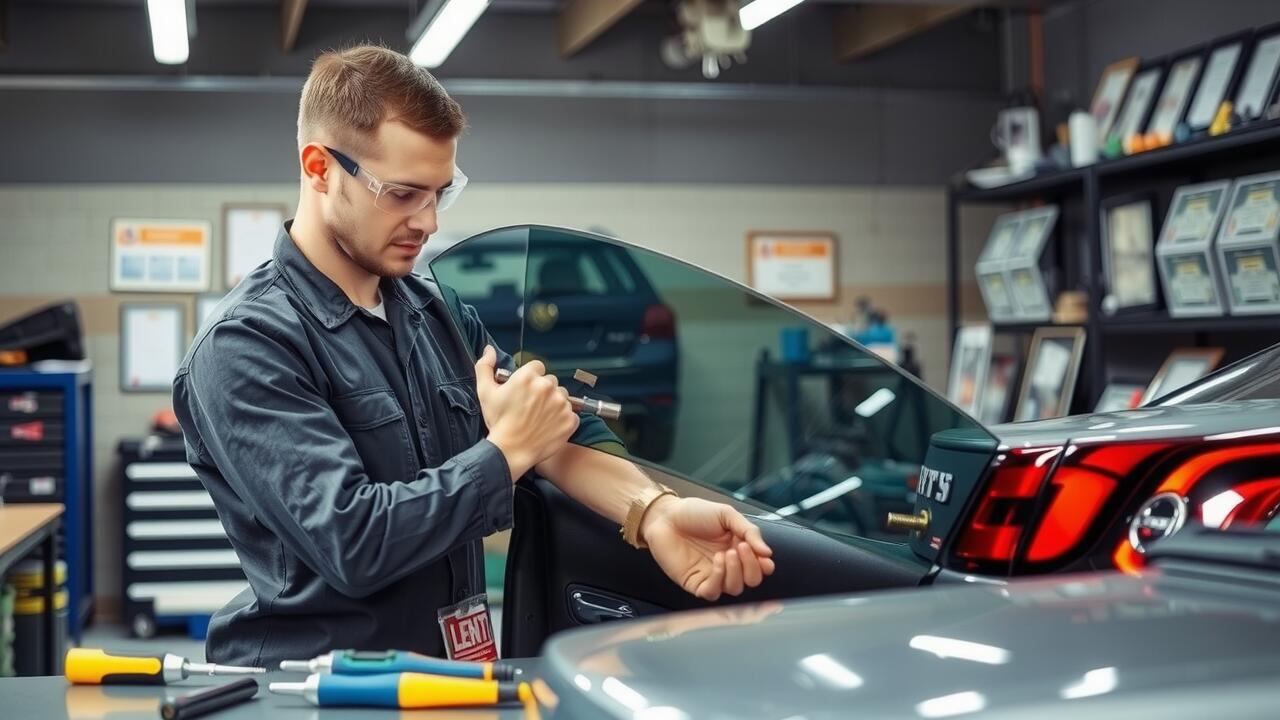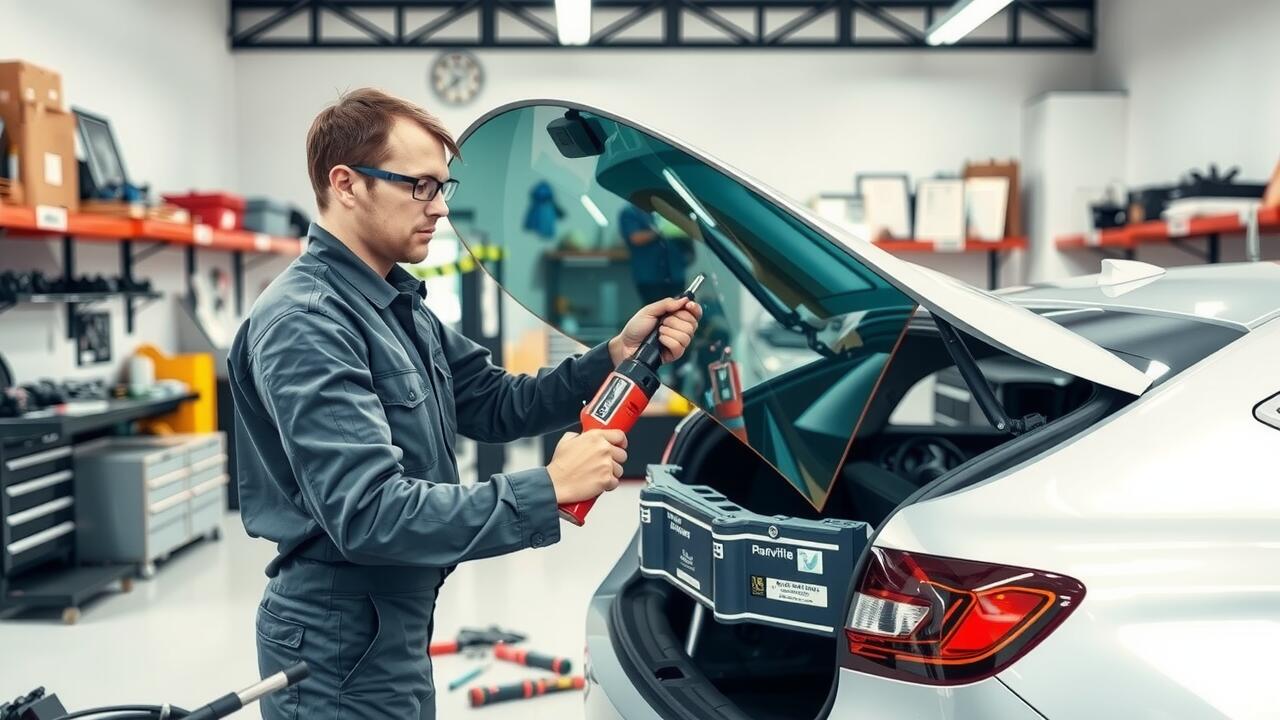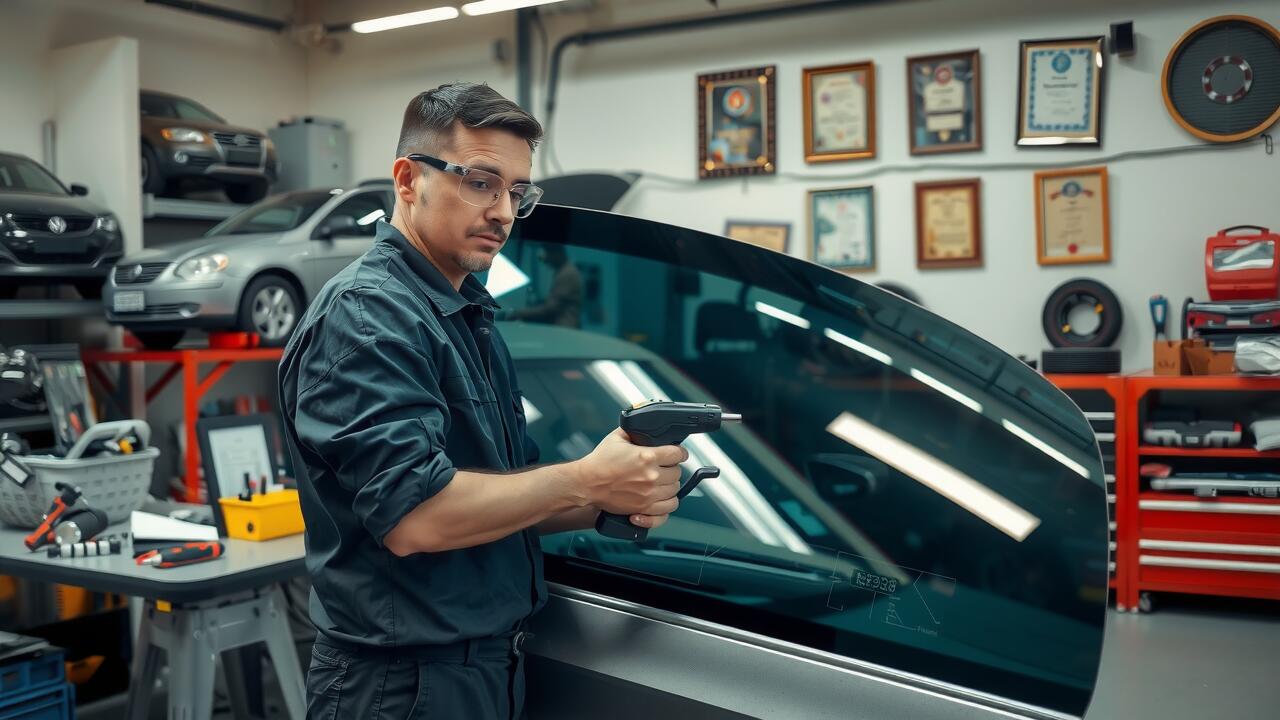
Table Of Contents
Signs It’s Time to Replace Windows
Windows can display various signs indicating it’s time for a replacement. If you notice drafts, condensation between the panes, or difficulty in opening and closing them, these issues often point to deteriorating seals or frames. Cracked or warped frames also suggest that moisture has seeped in, potentially leading to more significant structural problems in the long run. Homeowners should remain vigilant for these indicators, as they can impact both comfort and safety.
Energy efficiency can decrease significantly as windows age. Older windows often lack the thermal insulation of modern alternatives, contributing to higher heating and cooling costs. If you find that your utility bills are consistently on the rise, it may be wise to consider options such as Rear Window Replacement. Investing in new windows not only improves comfort but effectively reduces energy consumption, ultimately benefitting the environment and your wallet.
Indicators of Deterioration
Windows can show several signs of deterioration that indicate it may be time for a replacement. Homeowners should look for cracks in the glass, rotting frames, or significant condensation between the panes. These issues not only affect the aesthetic appeal of the home but also compromise insulation. Additionally, if windows are difficult to open or close smoothly, this may signal underlying structural issues that need addressing.
In some cases, damage may be less visible but equally concerning, such as drafts or increased noise penetration. These signs often suggest that the window seals have failed, leading to poorer energy efficiency. When considering options like rear window replacement, it’s crucial to evaluate the overall condition of all windows in the home to ensure optimal performance and comfort. Regular inspections can help identify these deterioration indicators before they lead to more significant problems.
Energy Efficiency Over Time
Energy efficiency is a crucial factor when assessing the lifespan of replacement windows. Over time, even high-quality windows can lose their insulation properties. This decline can lead to increased heat transfer, resulting in higher energy consumption for heating and cooling. Homeowners may notice fluctuations in indoor temperature, prompting a reassessment of window performance. Regular evaluations can help identify any signs of reduced efficiency before they escalate into more significant problems.
One specific consideration for energy efficiency involves the type of materials used in replacement windows. For instance, vinyl and fibreglass options tend to provide better insulation than older aluminium frames. If you are contemplating a rear window replacement, factors such as frame material, sealing integrity, and the presence of double or triple glazing should be examined. Choosing windows that adhere to modern energy standards can significantly impact utility bills while enhancing overall comfort in the home.
Impact on Utility Bills
Old or inefficient windows can significantly impact energy consumption within a home. Drafts and leaks allow conditioned air to escape, forcing heating and cooling systems to work harder. This inefficiency leads to increased energy usage, which is reflected in higher utility bills. Homeowners often notice a sharp increase in costs during extreme weather, which can be a clear indicator of window deterioration.
Investing in Rear Window Replacement can be a strategic move to enhance energy efficiency. New windows are designed to offer improved insulation and airtight seals, which help maintain consistent indoor temperatures. Ultimately, this reduction in energy wastage can lead to lower monthly bills, making the initial financial outlay for replacement windows worthwhile in the long run.
Warranty Considerations
When considering the replacement of windows, understanding the warranty terms is crucial. Most replacement windows come with warranties that can cover various aspects, including material defects and workmanship. Coverage terms might differ significantly between manufacturers, making it important to read the fine print carefully. Rear Window Replacement, for instance, might have specific conditions regarding how the window must be installed to ensure the warranty remains valid.
Some warranties may also be prorated over time, meaning the amount of coverage decreases as years pass. This can impact your overall investment if you need to replace your windows sooner than expected. Hence, potential buyers should investigate not only the warranty length but also what is specifically included and excluded. Knowing these details can provide peace of mind and help avoid unexpected expenses later on.
Understanding Coverage Terms
When considering the replacement of windows, understanding warranty coverage is crucial. Each window manufacturer has different terms that outline what is included and for how long. For instance, most warranties cover defects in materials and workmanship but may exclude issues arising from improper installation. It is essential to read the fine print carefully to grasp what is protected and any limitations that may apply.
In the case of a Rear Window Replacement, specific terms might apply regarding the frame, glass, or installation. If problems occur shortly after installation, the warranty can offer a remedy, provided the terms are observed. Homeowners should keep all documentation related to the purchase and installation to facilitate any claims if issues arise.
FAQS
What is the average lifespan of replacement windows?
The average lifespan of replacement windows typically ranges from 15 to 30 years, depending on the materials used and the level of maintenance they receive.
How can I tell if my windows need to be replaced?
Signs that your windows may need replacing include visible deterioration such as cracks or warping, drafts or air leaks, condensation between the panes, and increased energy bills.
Do replacement windows improve energy efficiency?
Yes, replacement windows can significantly improve energy efficiency by reducing air leakage and providing better insulation, which can lead to lower utility bills over time.
What warranties are usually offered on replacement windows?
Replacement windows often come with warranties that cover manufacturing defects, materials, and sometimes installation. It's important to review the terms of the warranty to understand what is covered and for how long.
Can I extend the lifespan of my replacement windows?
Yes, regular maintenance, such as cleaning the frames, checking seals, and lubricating moving parts, can help extend the lifespan of your replacement windows and maintain their energy efficiency.
